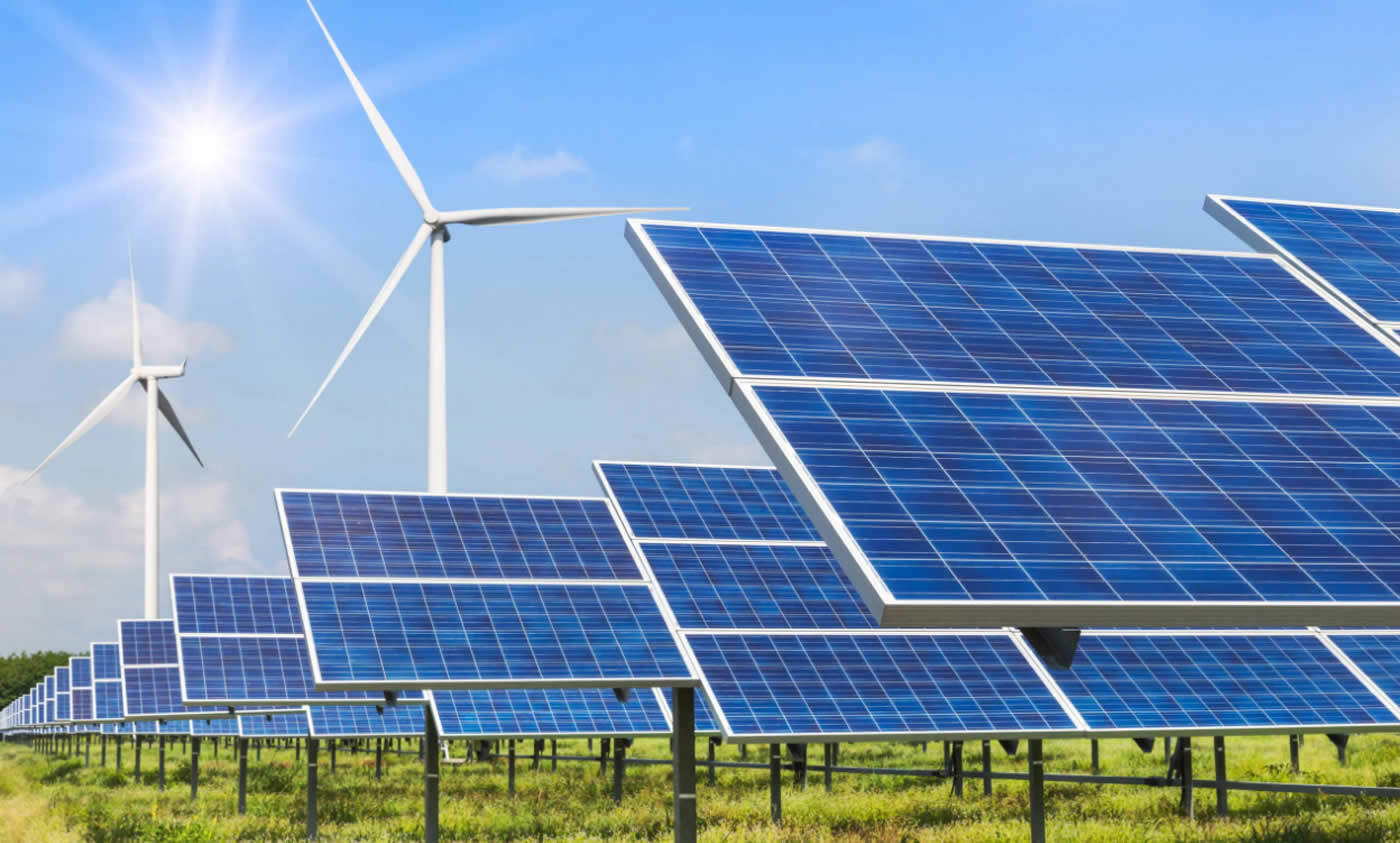 Language
Language
Grid connected inverters and off grid inverters are two common types of inverters in power systems, each with unique working principles and application scenarios. However, regarding the question of whether they can be used in parallel, we need to delve deeper into their working principles, characteristics, and potential issues that may arise from parallel connection.

Firstly, let's understand the basic working principles of grid connected inverters and off grid inverters. Grid connected inverters mainly convert direct current into alternating current and seamlessly inject it into the public power grid, operating synchronously with the grid voltage. It is mainly used in clean energy fields such as solar power generation and wind power generation, helping to achieve smart grid functions, ensuring power quality and grid stability. The off grid inverter converts DC power into AC power, boosts it through a transformer, selects the maximum power point through a low-voltage DC switch, and finally outputs it to the load or energy storage device. It is mainly used in remote areas or areas without grid coverage to achieve independent power supply from distributed power sources.
From the perspective of working principle, the main difference between grid connected inverters and off grid inverters lies in the way they interact with the power grid. Grid connected inverters need to operate synchronously with the grid, while off grid inverters operate independently of the grid. This difference leads to the problems they may face when used in parallel.
Firstly, due to the possible inconsistency between the output waveform and frequency of the off grid inverter and the input waveform and frequency of the power grid, if used in parallel with the grid connected inverter, it may lead to system instability and even damage to the inverter. In addition, off grid inverters usually require energy storage devices to achieve independent power supply, while grid connected inverters do not. If used in parallel, the management and coordination of energy storage devices will also become a complex problem.
Secondly, from a safety perspective, grid connected inverters have anti islanding protection function. When the power grid fails, they can automatically cut off the connection with the power grid, ensuring the safety of transmission lines. However, when the off grid inverter operates independently, it does not have this protection function. If the two are used in parallel, once a power grid failure occurs, it may cause safety issues.
Therefore, considering the working principle, system stability, safety, and management complexity, it is not recommended to use grid connected inverters and off grid inverters in parallel. In practical applications, suitable inverter types should be selected based on specific needs. If clean energy needs to be used in areas with grid coverage, grid connected inverters are a better choice; In remote areas or areas without grid coverage, off grid inverters are more suitable.
In addition, with the development of technology and the popularization of clean energy, more advanced inverter technologies or solutions may emerge in the future, which can better meet the needs of various application scenarios. Therefore, when choosing the type of inverter, attention should also be paid to industry dynamics and technological development trends in order to make wiser decisions.
In summary, it is not recommended to use grid connected inverters and off grid inverters in parallel due to their different working principles and application scenarios. In practical applications, suitable inverter types should be selected according to specific needs, and industry dynamics and technological development trends should be paid attention to in order to better utilize clean energy, improve power quality, and ensure grid stability.




























三出工頻在線式UPSSC6330/2.png)



逆變器MKSII 5K/6.png)
逆變器SC-MAX 8KW11KW II/4.png)
逆變器SCMK 3K-24V/6.png)
逆變器VM 1.5KW3KW/4.png)

逆變器SC-MAX 8KW11KW/3.png)
逆變器VMIV 4KW6KW/1.png)
逆變器VII 10.5KW/1.png)
逆變器VII 5KW/7.png)
充一體機(jī)Ⅰ SC-PSS-5K/1.png)

充一體機(jī)SC-EV-5.5K/1.png)
充一體機(jī)SC-EVⅡ-5.5K/1.png)
一體機(jī) SC-PSS-5KWH~25KWH/正面索克.png)
鉛酸蓄電池12V-4Ah-250Ah.png)
能電池壁掛式磷酸鐵鋰電池48V50Ah/5.png)
架式鋰電池/1.png)
/1.png)
據(jù)中心.png)





/64740ccddffbd.jpg)
/64744a72a3318.jpg)
/647464f70631f.jpg)









